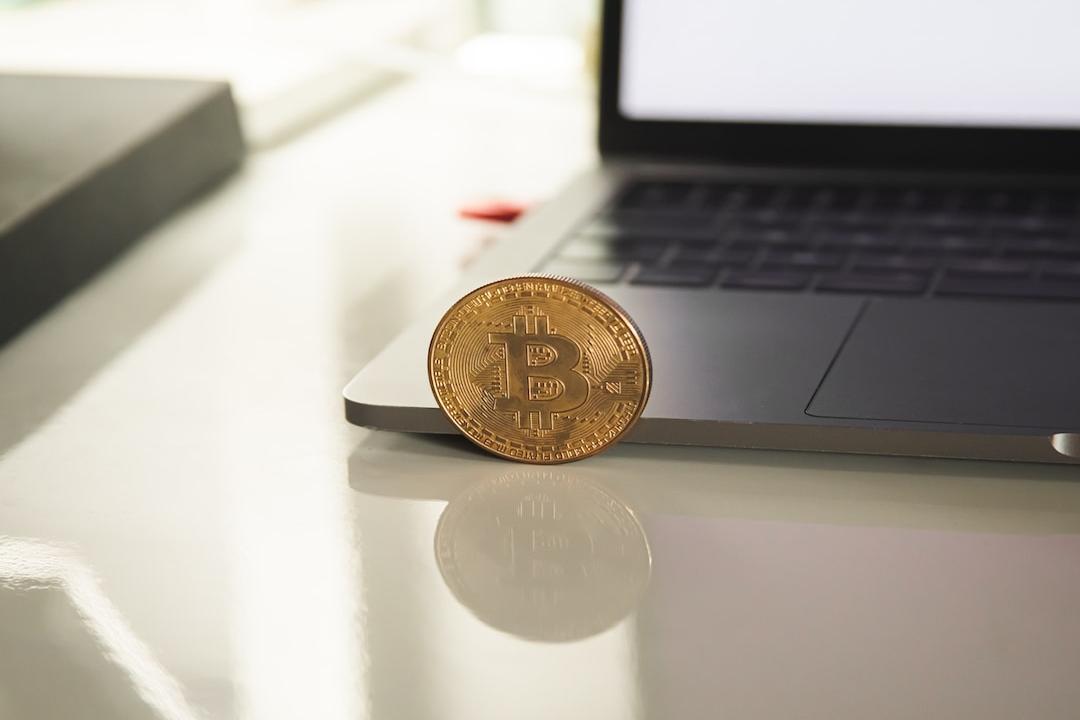According to a report by DL News, Umar Farooq, the CEO of Onyx, J.P. Morgan’s asset tokenization platform, believes that public ledgers like Ethereum or Bitcoin are currently “not suitable” for large transactions. Farooq stated that while Ethereum and other public chains support millions of transactions daily, they are not secure enough for high-value transactions between banks and financial institutions. He believes that a platform must enable trusted transactions between financial institutions and have some form of accountability within the system.
The Bank for International Settlements (BIS) advocates for the establishment of a “new type of financial market infrastructure” called Unified Ledger, which connects central bank digital currencies (CBDCs), digital assets, and tokenized bank deposits. Farooq believes that the so-called Unified Ledger, which connects central banks and other large financial institutions, is almost essential for processing transactions worth millions or billions of dollars.
Farooq’s concerns come at a time when several Wall Street giants are rushing into cryptocurrencies, governments are competing to issue CBDCs, and financial institutions are vying for a share of the growing tokenization of financial assets. Without interoperability, the global ecosystem and its liquidity may become disconnected. Farooq believes that the Unified Ledger should “become the global layer of money flow.”
Tokenization refers to the process of converting physical assets into blockchain digital tokens. J.P. Morgan’s Onyx tokenizes cash and collateral using smart contracts to facilitate short-term lending transactions. In October last year, J.P. Morgan executives revealed in an interview that the company transfers $1 billion in funds daily for many large corporations through JPM Coin.
However, Unified Ledger and similar concepts may not have considered the obstacles brought by international relations and conflicts. Dante Disparte, Chief Strategy Officer and Global Policy Head of Circle, the issuer of the stablecoin USDC, stated at the same conference, “The discussion around unified ledgers has almost entirely overlooked geopolitics.” Disparte pointed out that after the outbreak of the Russia-Ukraine conflict in 2022, the European Union banned several Russian banks from using the international banking payment network Swift. Disparte said, “The geopolitical reality in cross-border payment integration often goes beyond national security interests, and that is part of the unfortunate problem.”
Research on Unified Ledger is still ongoing internationally. Last month, the Innovation Centre of the Bank for International Settlements announced a project called “Project Agorá,” in which they collaborate with seven central banks to explore how tokenization can enhance the operation of monetary systems. Project Agorá is based on the concept of Unified Ledger and researches how to seamlessly integrate tokenized commercial bank deposits and tokenized wholesale central bank currency in a public-private programmable core financial platform.
In November last year, the Monetary Authority of Singapore (MAS) announced in a statement that it is collaborating with international policymakers and financial institutions, including BNY Mellon, DBS Bank, J.P. Morgan, and MUFG, to explore the design of an open digital infrastructure for carrying tokenized financial assets and applications. This new initiative, called “Global Layer One” (GL1), will facilitate seamless cross-border transactions and enable tokenized assets to be traded in a global liquidity pool while meeting relevant regulatory requirements and guidelines.

